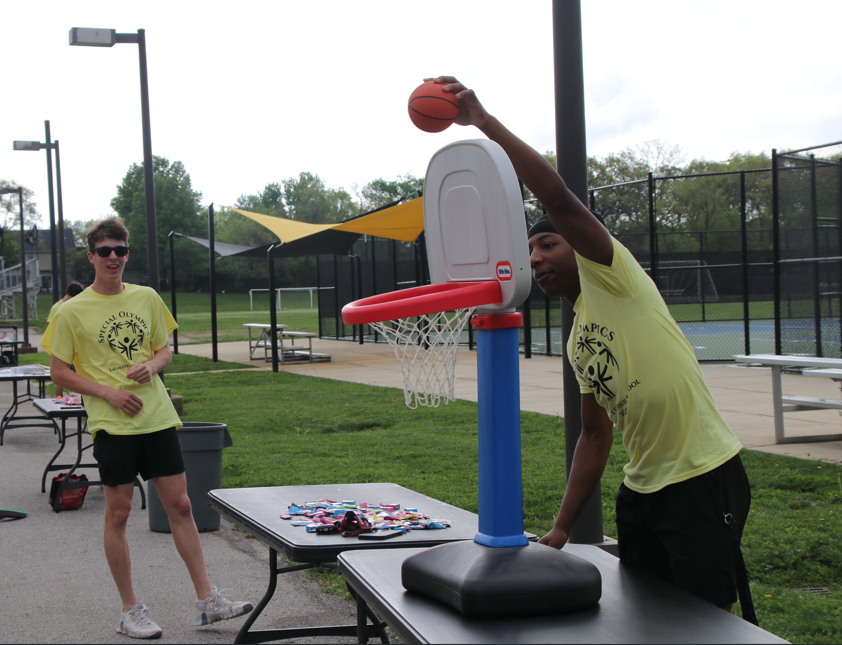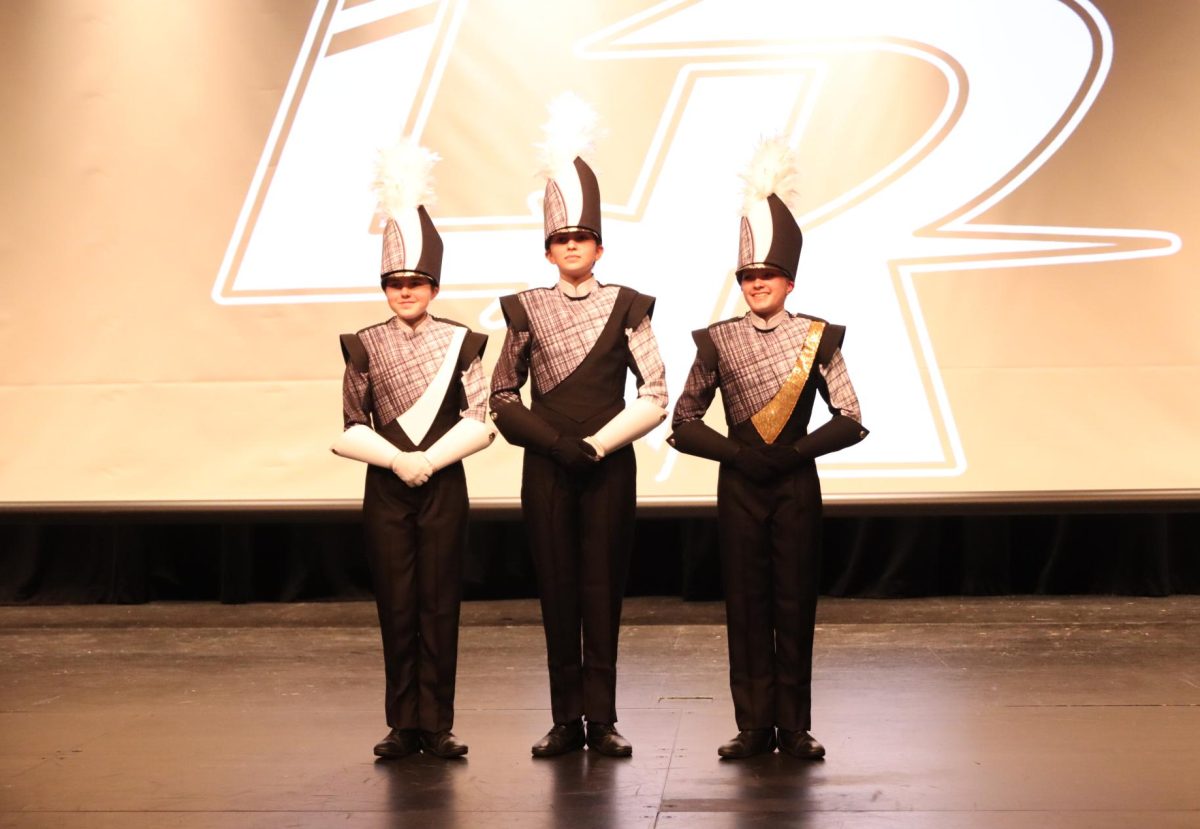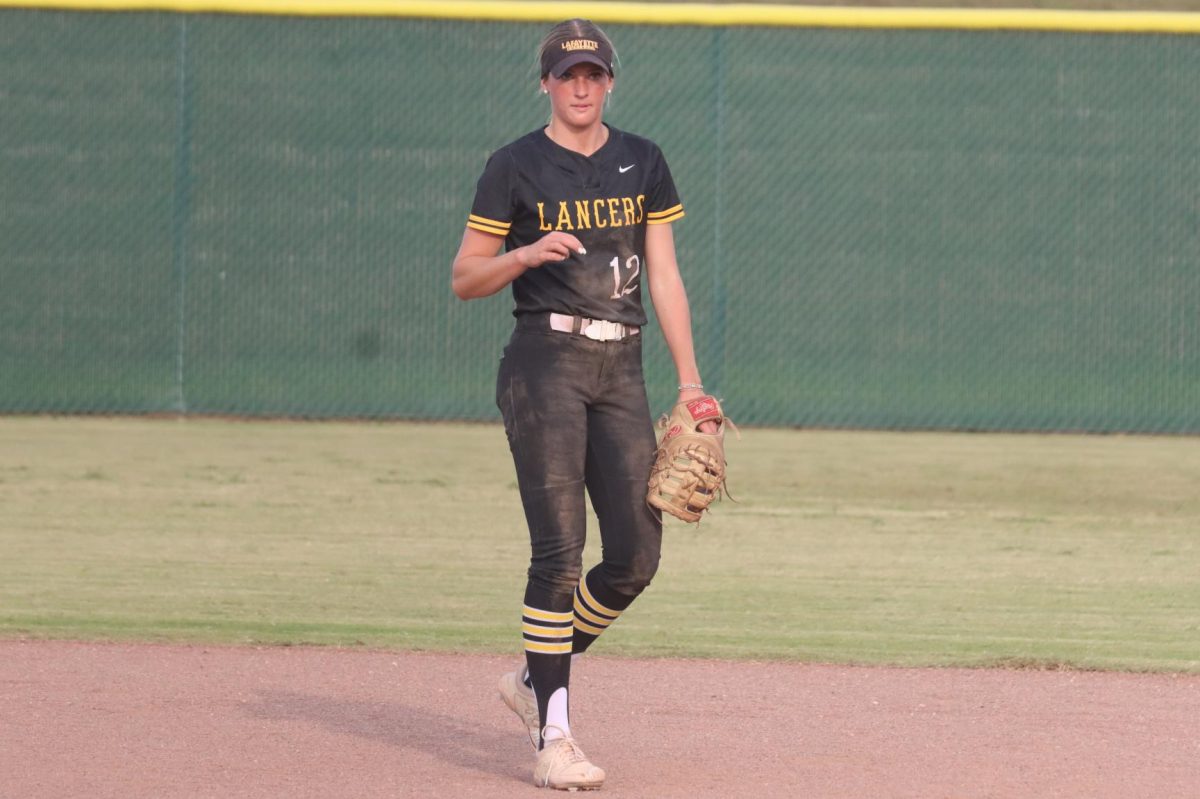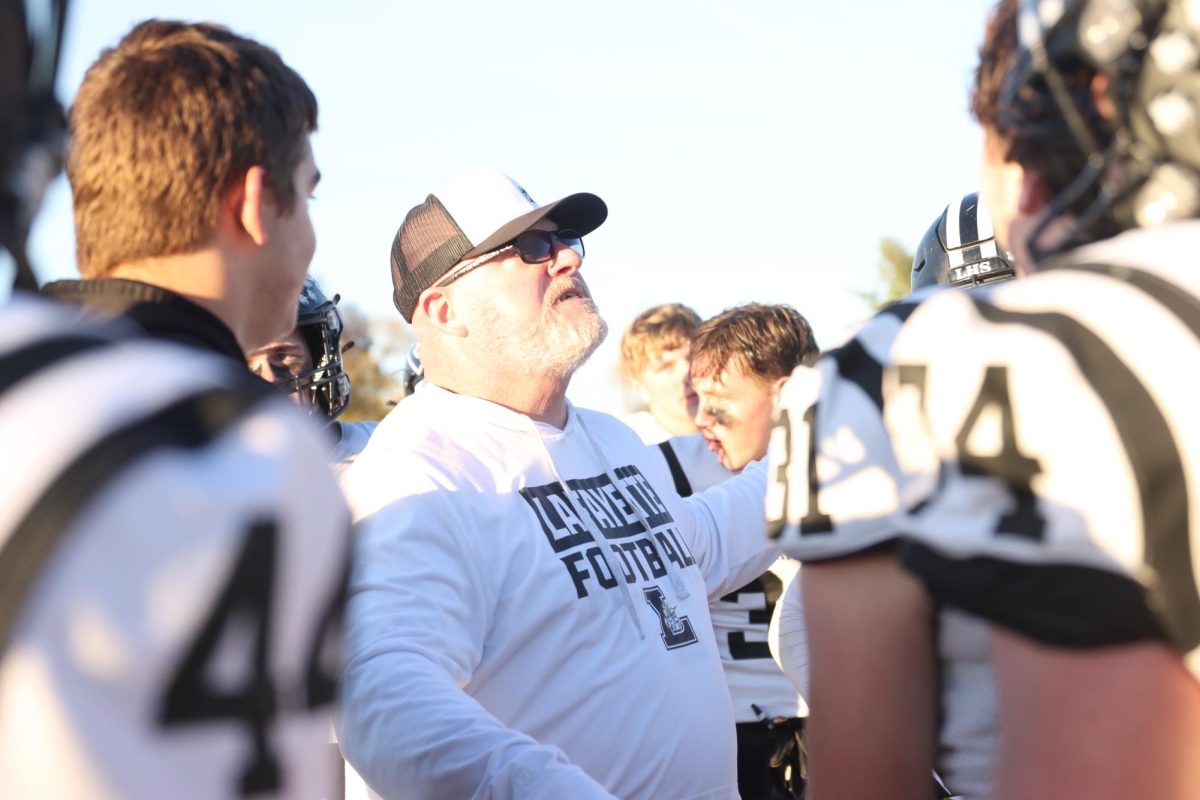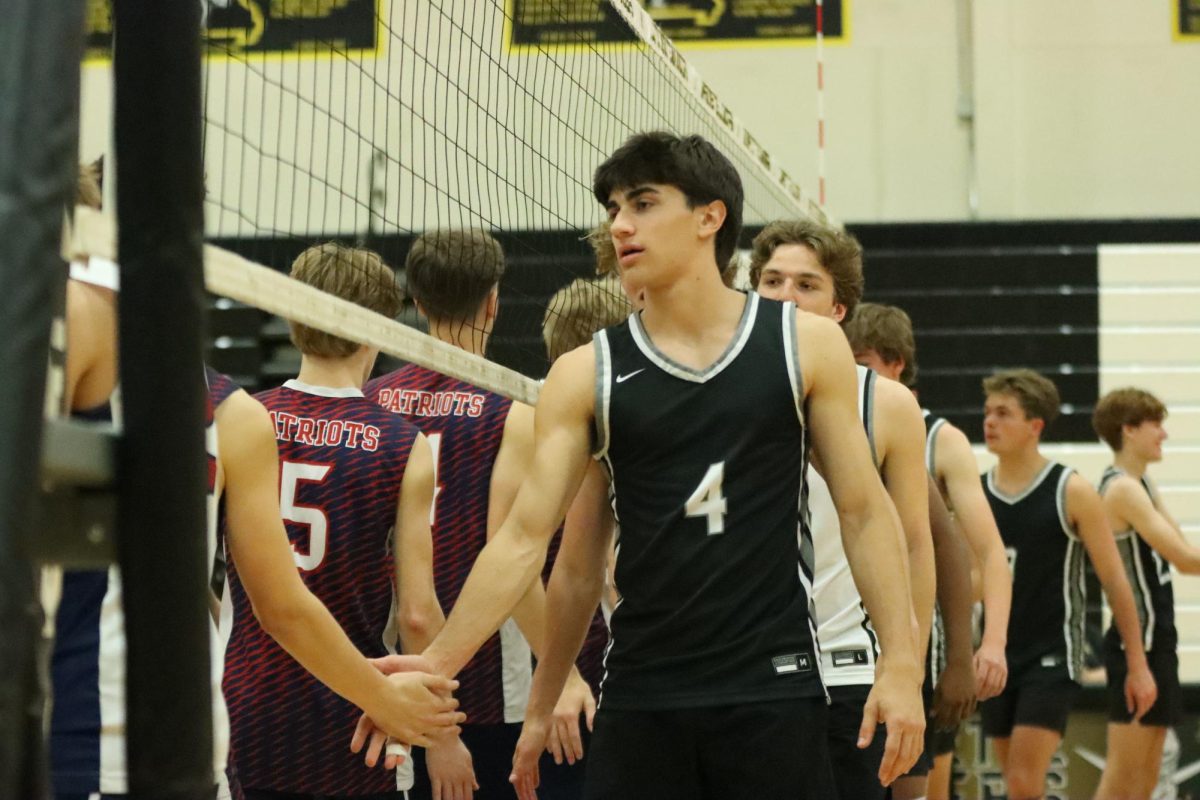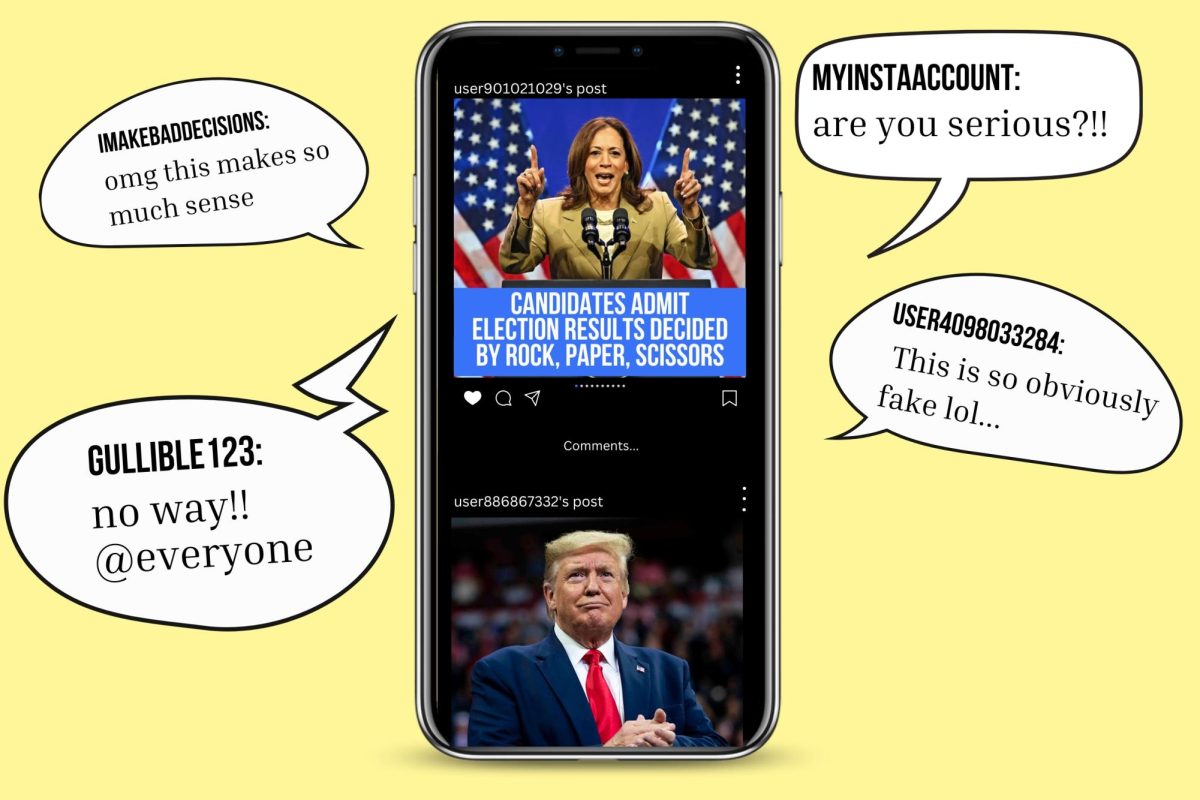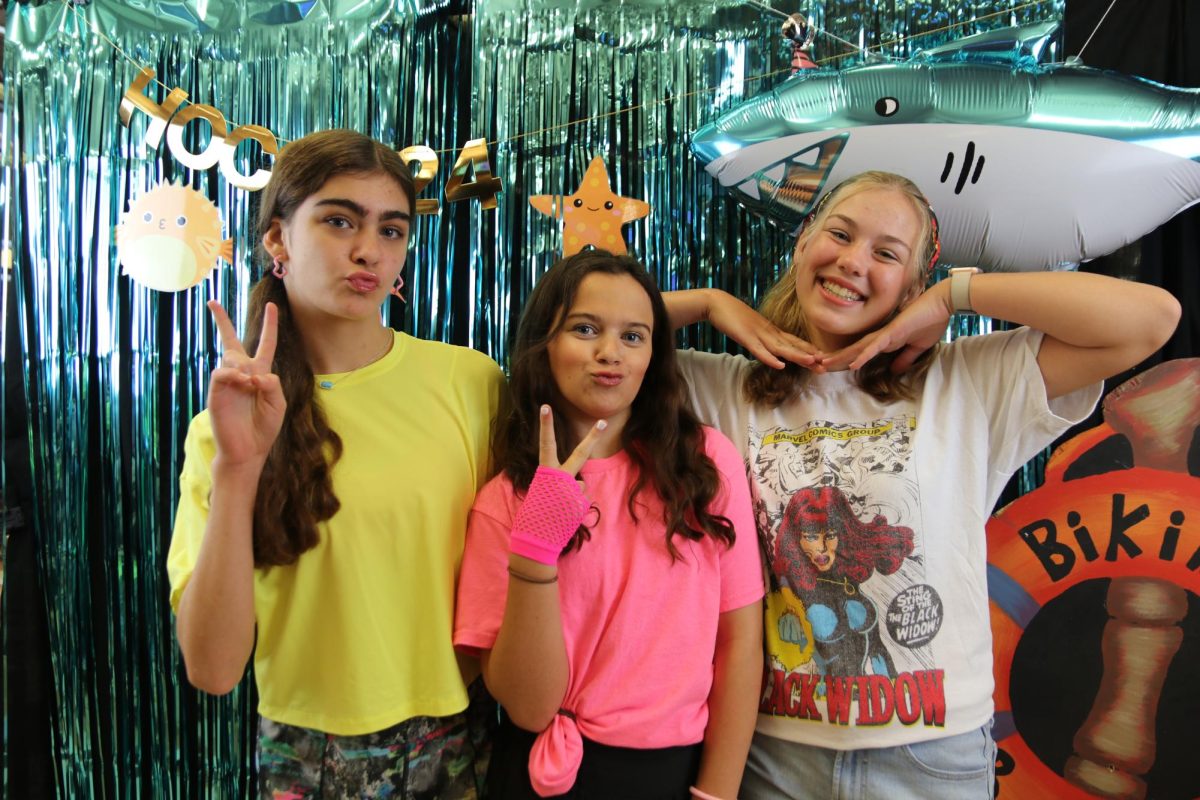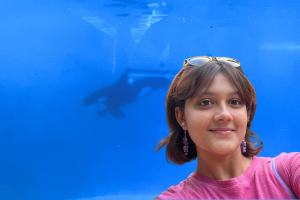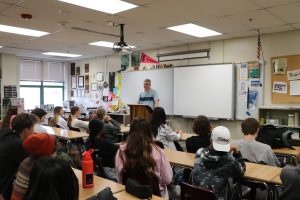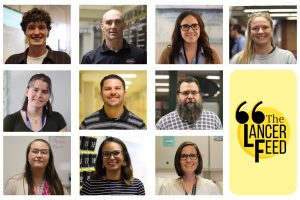Clubs prepare for upcoming events
During AcLab on Feb. 1, Asian American Association met to celebreate Lunar New Year. One of the club presidents, senior Ethan Xu, prepared snacks and activities for members. Along with writing Chinese characters, called Hanzi, and creating paper lanterns.
February 23, 2022
Asian American Association
Stemming from the Korean Pop Culture Club, the Asian American Association was formed to promote Asian culture at Lafayette.
“It’s really just delivering the happenings that are occurring outside of us, but also promoting Asian diversity,” sponsor and Science Department Chair Cristina Marasigan said.
Meetings take place Tuesdays during Mod 1 of AcLab. On Feb. 1, the club celebrated Lunar New Year, which acknowledges the start of a lunar calendar year for many Asian cultures. One of the club presidents, senior Ethan Xu, brought traditional pastries and candies for the celebration.
“My main goal was for the Lunar New Year. I wanted to do something special for the event and spread awareness for it because I don’t think it’s talked about as much as other holidays. In the future, I’d like to do more events like these,” Xu said. “[The Lunar New Year celebration] was pretty successful, we had a lot more people than I thought we would, which was nice.”
For students interested in the club, Xu emphasized the importance of learning about other cultures and the opportunities the Asian American Association offers in widening that reach.
“For a lot of cultures, especially people who live in America, they might never see a Lunar New Year celebration from China or another Asian country. I think it’s important to see what other cultures do, and see that some things are similar but see what’s also different and what makes certain cultures unique,” he said.
Chess Club
As more and more club members graduated, the Chess Club faded away. When freshman Tyler Brotherton started high school, Chess Club had been completely inactive. Still, his main goal when he entered high school was to join Chess Club, so Brotherton brought it back in 2021 with the help of former sponsor and Math Department Chair Jason Schneider.
“I re-founded the Chess Club during the early days of this year, with Schneider’s help,” Brotherton said.
With chess being such a huge part of Brotherton’s life, he wanted to help other schools start their own chess clubs. “I am the founder and was president for the first semester. However, we banded together with Eureka and Marquette, forming a block. I wound up becoming chancellor, and I have passed the role as president to Ryan Huang,” Brotherton said.
The focus of the Chess Club has shifted away from just playing games; instead, Brotherton said the goal of the club is now focused more around teaching people the game.
“We are currently making reforms to educate more people to play chess, rather than focusing on building a tournament team. Winning tournaments is fun and all but I really don’t care. Education is much more important,” Brotherton said.
Jewish Student Union
In 2007, social studies teacher Vince DeBlasi wanted to give Jewish students a sense of connection to their culture and religion at Lafayette, so he founded a chapter of Jewish Student Union program. Each week, the meetings through LHS are conducted by Rabbi Yitz Staum. At the meetings, he talks about Judaism and its core beliefs and practices, and what it means to be Jewish. Along with this, DeBlasi said the club is really for anyone, as Rabbi Yitz also talks about all beliefs for all religions in the world today.
“A lot of the time, depending on what the students want, he allows students to set the agenda,” DeBlasi said.
DeBlasi’s favorite part about JSU is that anyone can attend the meetings, not just those of a specific religion.
“Because this club is meant to be so inclusive, I love that anyone can show up to the meetings and feel at ease in learning about their beliefs and those of [other] students too,” DeBlasi said.
esports
In fall of 2020, the esports Club was introduced to Lafayette. This club practices after school every Tuesday and Thursday, or has scheduled matches those days. The club’s main goal is to compete in various video games against other schools.
“Basically there are a couple of different teams within esports that play different games. There are seasons, and we play head to head with other schools’ teams,” freshman Evan Sommer said.
Sommer has been involved with esports since the beginning of this school year, and likes that the club allows him to bond with students who share similar interests with him.
“My favorite part about esports is being able to connect with other people at our school who play the same games I do,” Sommer said.
HOSA
The Health Occupation Students of America (HOSA) club was introduced to Lafayette in 2013. Every month, HOSA tries to meet, usually on the first AcLab of the month. Although HOSA deals mostly with medical interests, their volunteer activities don’t always necessarily go along with health topics.
“We participate in various volunteer activities, such as making blankets for the babies in the NICU at Missouri Baptist University, serving dinner at the Ronald McDonald House and Ranken Jordan Children’s Hospital, collecting donations for Children and their families at the Ronald McDonald House and Ranken Jordan, writing holiday cards to patients at Ranken Jordan, and this year we held our first STEM night which benefitted Be the Match, a Bone Marrow Donation organization,” sponsor Jennifer Keillor said.
Lafayette Science Council
While Lafayette Science Council (LSC) represents most science-related clubs on the activity roster, LSC sponsor and Science Department Chair Cristina Marasigan said LSC’s goal is to prepare students for a national exam per subject area. The main subjects include a Biology Olympiad (USABO), a Chemistry Olympiad (USNCO) and a Physics Olympiad (USAPhO).
“If [students] qualify with a great score, then they can move on to the Semifinal rounds and continue into the Final,” Marasigan said.
The USABO team had their first exam Feb. 3, USAPho had theirs on Feb. 15 and USNCO will have their first round on March 12.
“It’s a prestigious, rewarding exam. You take it, you do well on it or even if you participate, it’s a good thing to put on your resume,” she said.
LSC has also met to talk about research opportunities outside of school.
“We talk about research, helping kids know there are other opportunities outside of the school. They can go reach out to certain universities and do summer institutes as freshman and sophomores,” Marasigan said.
Though different groups meet at different times, every time a group meets, the objective is to study and go over topics that will show up on the exam. In addition, LSC has a science tutoring program and a National Science Bowl.
History Club
With COVID-19 affecting everyone, History Club was put on pause until students were able to return back to school. The History Club’s main goal is to give students another opportunity to learn about history, and the students get to choose from whatever topic in history they want to learn about.
“It’s about students who love history getting together to learn more history,” sponsor and social studies teacher Amy Merriott said. “Crusades, Russian czars, Roman Empire, Julius Caesar, really whatever topic they want to present on.”
The club meets once a week with senior Trey Trapani as president and senior Pranav Menon as the vice president. Merriott said her favorite part about History Club is watching students’ faces light up when they learn something new to discuss.
Mock Trial
Mock Trial is a nationally established organization with over 300 schools, where each club simulates a real court trial and challenges students in the club to prepare a case for both the prosecution and defense against other schools.
“Students should consider joining the club if they have an interest in the justice system and acting. They do take on different roles according to their characters,” club sponsor Elizabeth Steiner said.
The club is led by juniors Eleanor Seidel and Bhushan Sreekrishnavilas and meets every Thursday during Mod 2 of AcLab.
Speech and Debate

Speech and Debate is a club that is fairly popular in schools across the country and is supported by an organization called the National Speech and Debate Association. It meets every Wednesday after school in club sponsor and language arts teacher Paul Jaycox’s room, Room 96.
“In Speech And Debate, students compete in a variety of events, much like a track meet, which involves performing pre-written pieces, self-written pieces and debating over national topics,” Jaycox said.
While the club started several years ago, it has undergone new challenges because of the pandemic. Though the team has been performing their tournaments virtually for nearly two years, the first in-person tournament occurred on Feb. 18 and Feb. 19 at Marquette High School. Following this tournament, the team will debate and perform at the State Qualifier.
“I believe our world hinges upon communication to truly be successful. No matter what job you get into, you’re very likely to need to express yourself articulately, logically and efficiently. Speech and Debate gives people the opportunity to practice those skills needed to be successful in many professional areas,” Jaycox said. “To paraphrase from Jerry Seinfeld, most people are more terrified of public speaking than death. That means they’d rather be in the coffin than giving the eulogy. If you are comfortable doing something that many people are terrified of, then you have the advantage.”
TNRB and Jam Bands
Tuesday Night Rock Band (TNRB) is a rock band that is audition-only and meets every Tuesday from 7-8:30 p.m. Throughout the year, TNRB takes part in different performances to showcase their music. Currently, TNRB is preparing for the Guitar Festival on April 22.
“We are deciding which songs we would like to create arrangements of, as well as writing an original song,” sponsor Traci Bolton said.
Bolton sponsors multiple musical groups, including three groups that are a part of Jam Band. The groups meet either during AcLab, Mondays or Wednesdays. The Jam Bands are also preparing for the Guitar Festival.
“These groups are open to anyone who plays and is interested in being in a group,” Bolton said. “There are years where the groups are all new members and other years where I have primarily veteran players. Either way, everyone has an equally important part to play.”
UNICEF
The United Nations Children’s Fund (UNICEF) is an international organization whose main goal is to provide aid to children worldwide. While the club had been active several years ago, it stopped running following a lack of leadership and participation.
In 2020, however, junior Kopal Kumar brought the club back to Lafayette to raise money for the international organization. The club meets once a month in language arts teacher Dawn Indelicato-Faw’s class during AcLab. Along with fundraisers, the club has mini-projects.
“In our last meeting, we made bracelets for cancer patients at St. Jude’s,” Kumar said. “If we don’t do something like that, we usually have a discussion on different issues in our world. We’ve talked about child marriage, about the education crisis. We talk about a lot of different children’s rights issues or we make small projects to donate.”
Currently, the group is working with the National Honor Society club to plan a feminine products drive that began Feb. 15 and will end on March 8 in honor of International Women’s Day. Kumar recommends the club for students who are passionate about children’s rights issues and volunteering.
“Knowing that by participating in our activities you’re able to make some positive change, even if it’s not a lot, it’s still a little bit and anything helps,” Kumar said.




